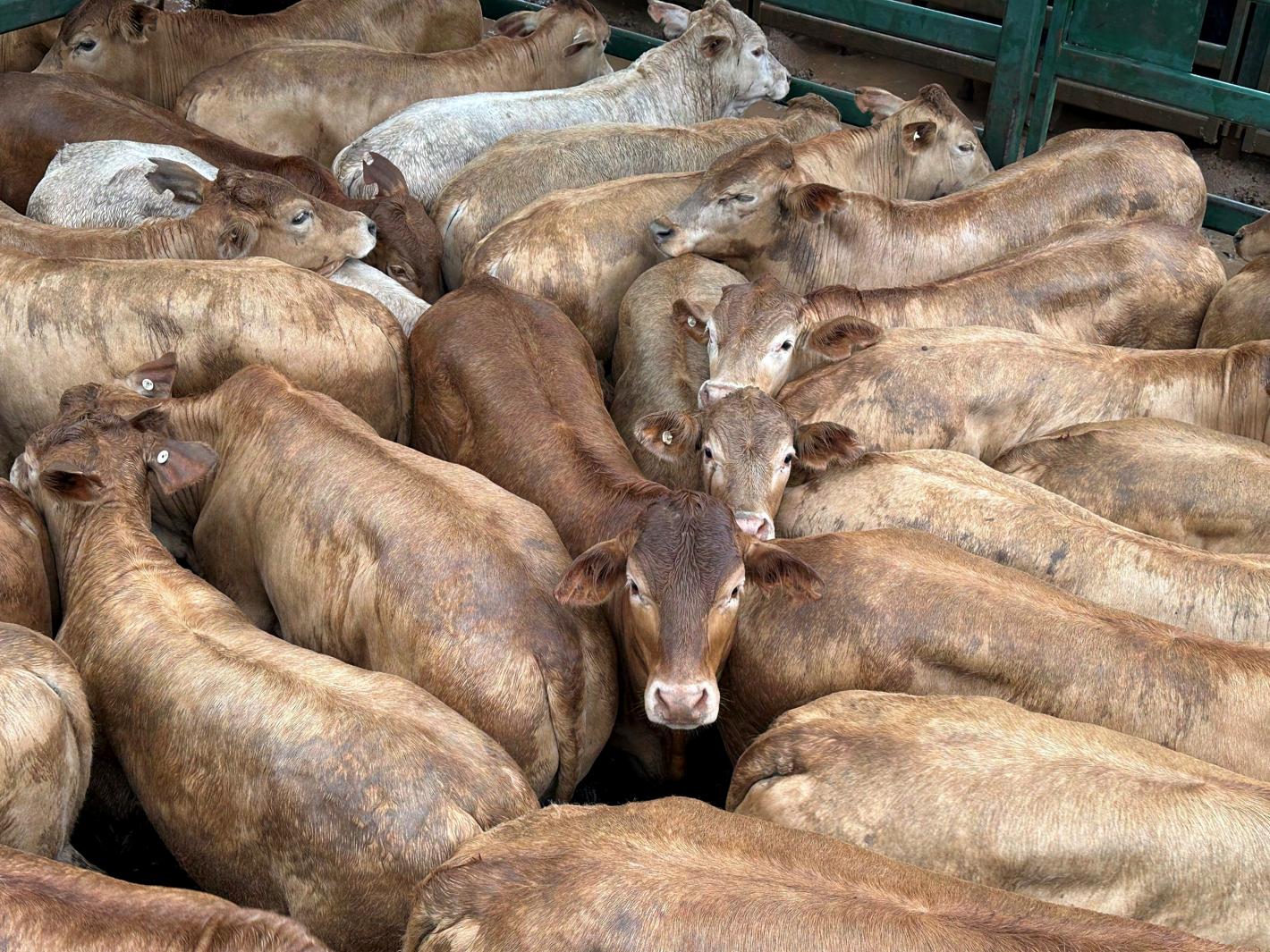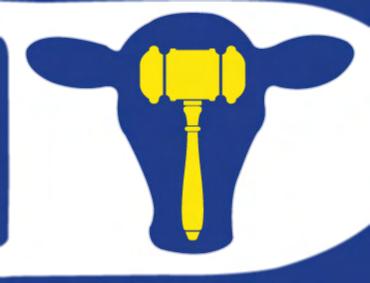
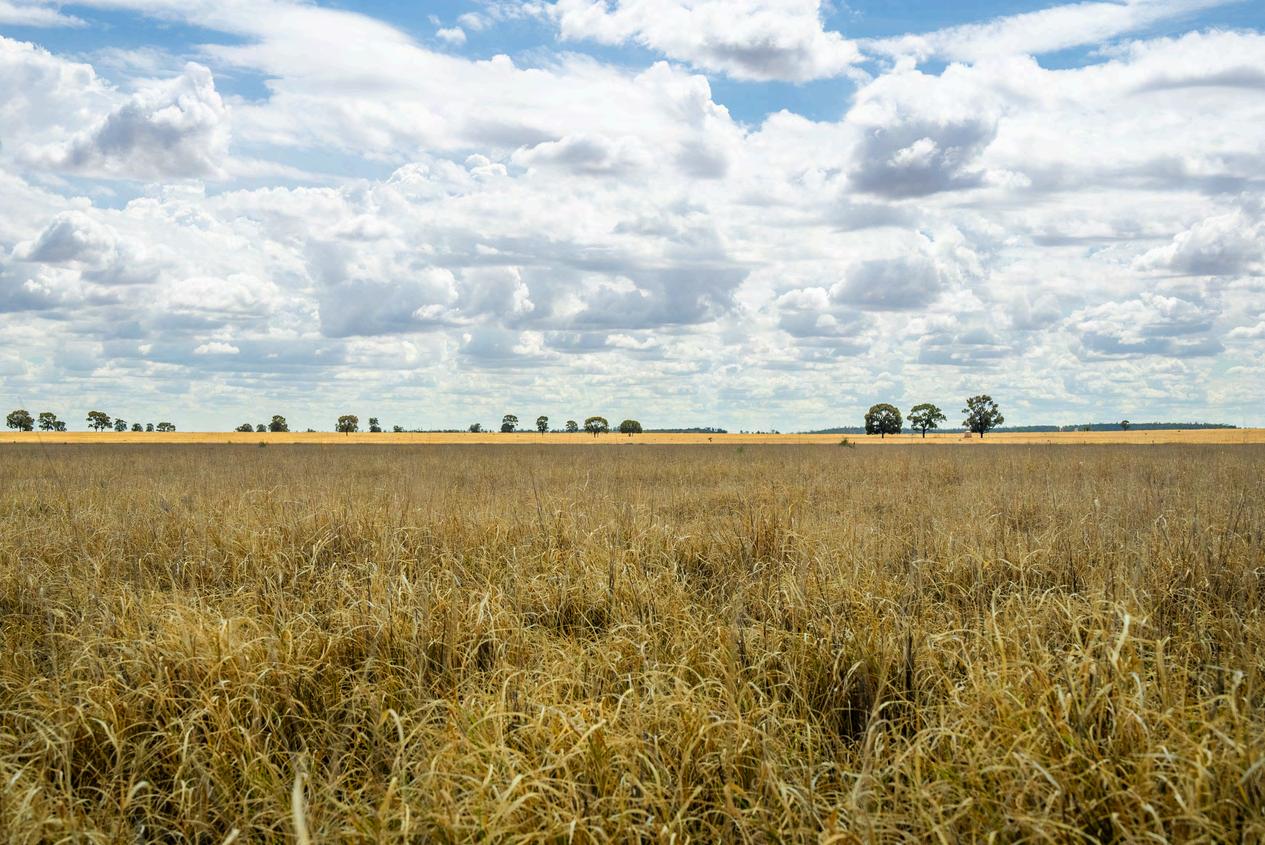


Warmest thoughts from our family to yours this Easter. May this Easter bring you peace, happiness, and all the chocolate eggs your heart desires!
Hoppy Easter!




“Glen Elgin”, Teelba
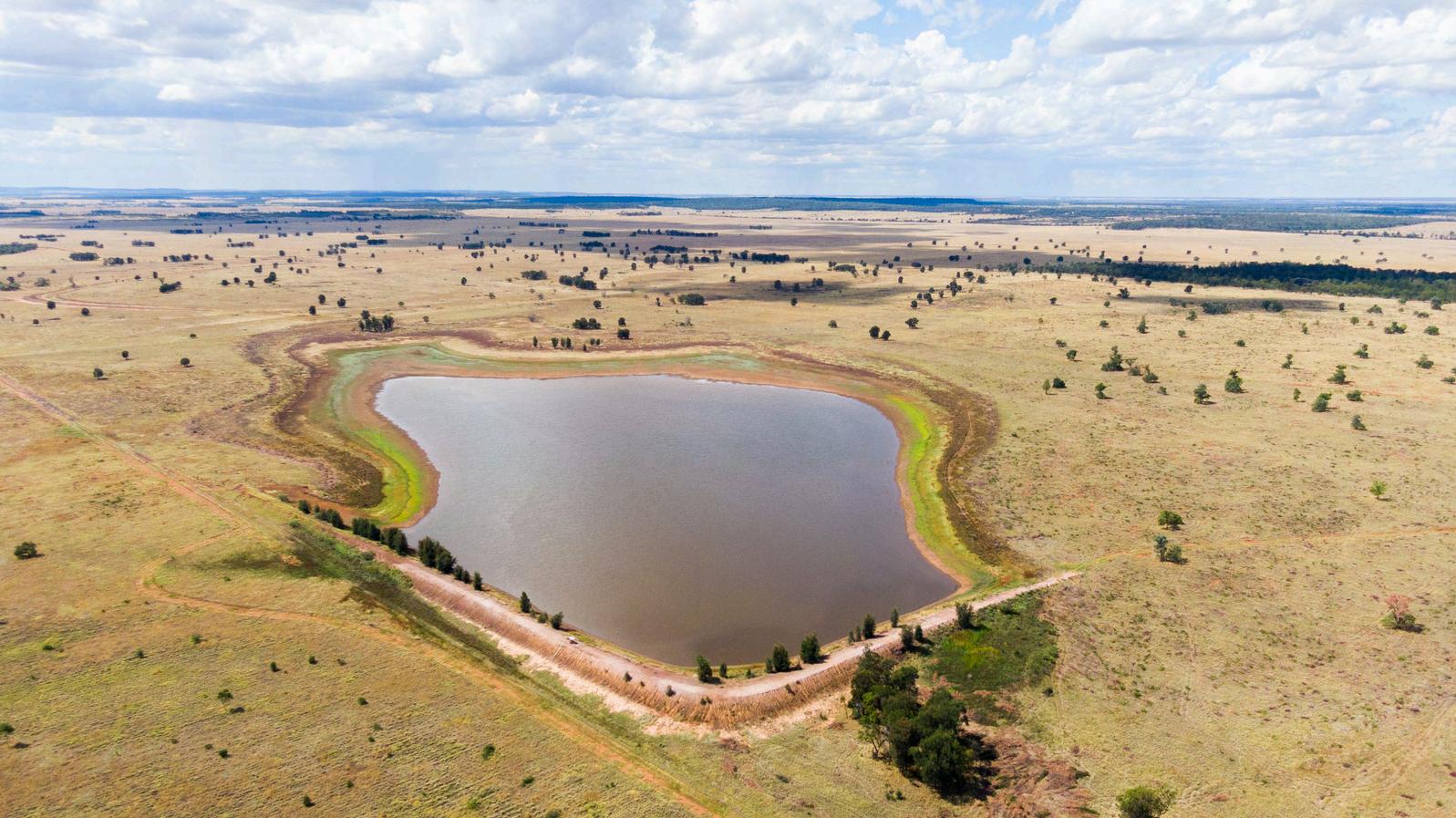
Western Downs Best Kept Secret
2,879.861 Ha | 7,116.291 Ac (Freehold) AUCTION
THURSDAY, 22ND MAY, 11AM
Russell Jorgensen | 0428 880 411 Andrew McCallum | 0427 581 889

“Amby Hills”, Roma

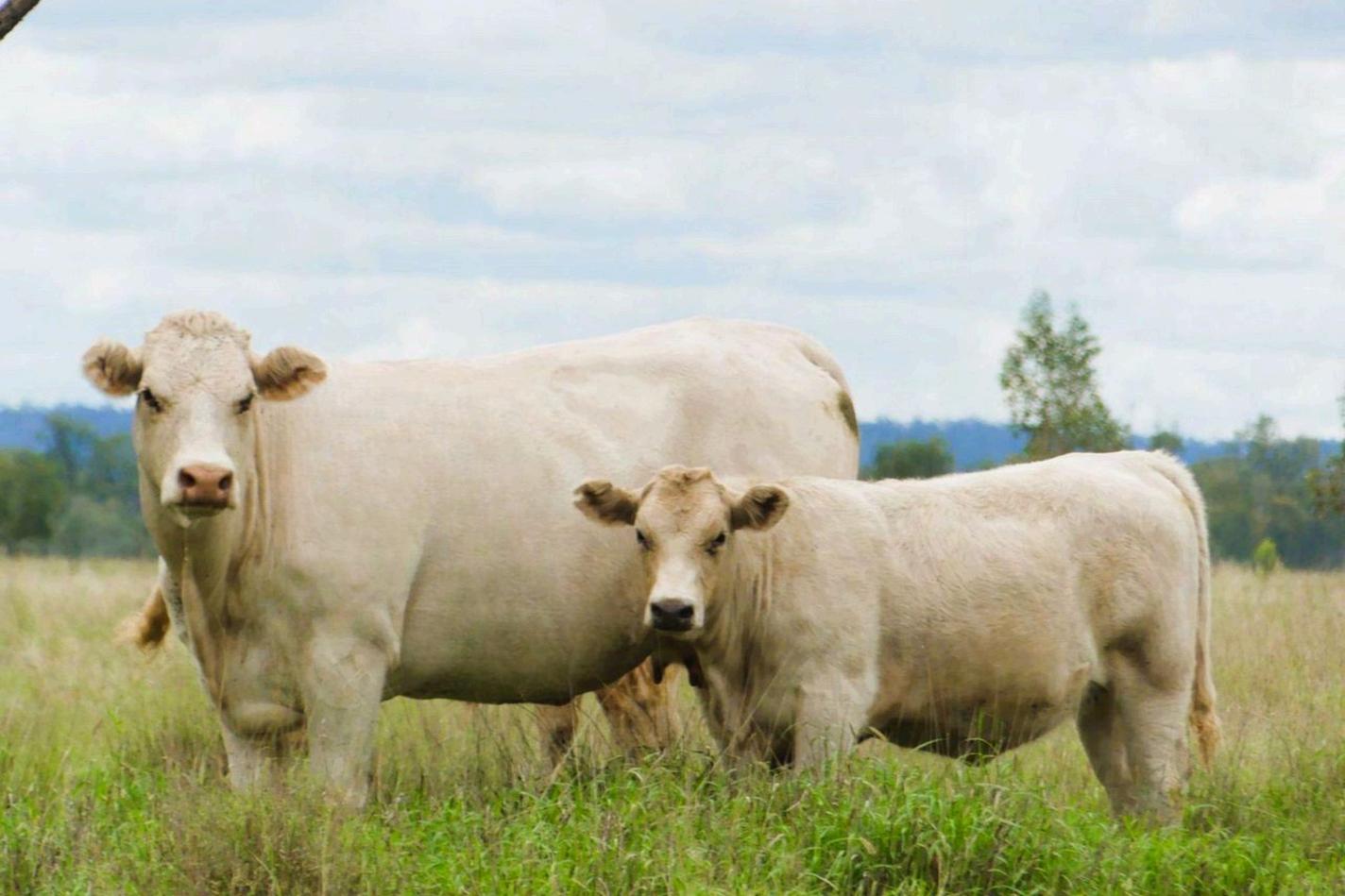
Large Scale Breeding and Fattening on Roma’s Doorstep
THURSDAY, 22ND MAY, 12PM
9,841 Ha | 24,319 Ac (13 Titles) AUCTION
Rick Benham | 0457 856 897
David Benham | 0456 599 070

There are currently a lot of conversations happening in the agriculture industry about Carbon, with topics including Carbon Neutral, Net Zero, Carbon Footprint, Carbon Emissions, Carbon Accounting and Carbon Farming commonly coming up in discussions.
Queensland rural accounting firm, Bentleys, is a leader in providing Carbon accounting and advisory services and specialises in providing practical advice specifically tailored to agribusinesses of all sizes to help understand how to respond to the rapidly changing regulatory and business environment when it comes to addressing the Carbon topic for agribusiness. Below they cover off on some of the common questions around carbon and the agriculture industry and the implications for agribusinesses.
Carbon – why does it matter to agribusiness?
In January 2025 mandatory climate reporting legislation commenced. This requires large businesses to submit climate-related financial disclosures to ASIC, including their Carbon (Greenhouse Gas) Emissions and risk and opportunities assessments. This shift is already having a ripple effect across supply chains, with large companies like supermarkets starting to engage with their suppliers to understand their Carbon emissions from their business as they will need to report these supply chain emissions along with their own emissions to ASIC as part of their mandatory reporting requirements.
Although most smaller agribusinesses will not have any legal requirement to measure or report their emissions, if they are part of a supply chain that includes a large business that is a mandatory reporter (Eg: Food processor, supermarket etc.) they will likely be asked for their Carbon emissions data in the near future by these larger businesses if they are mandatory reporters.
Are Carbon emissions and Carbon farming the same thing?
No. They can often come up in the same conversation in agriculture but it is very important to recognise that they are two topics in their own right. Carbon emissions are the release of Greenhouse gas emissions in the course of businesses conducting their activities and Carbon accounting is the process of quantifying these emissions. Carbon Farming is where a project is established to enable the sequestration (absorption) of carbon. This is usually on farm in the agriculture industry in the right circumstances. It is important to understand the carbon emissions from an agribusiness first prior to making decisions on Carbon Farming projects.
So what steps should I consider taking for my business?
1. One of the first practical steps to take is to understand the Carbon emissions from your business activities. You can begin by measuring your carbon emissions to establish a baseline and tracking your emissions going forward. This is otherwise known as your Carbon Footprint. You can measure your carbon emissions yourself or engage an advisor such as a Carbon accountant to measure your emissions for you.
2. Having completed your own Carbon Footprint this will likely be a significant help to your business in circumstances where larger business partners request emissions data from their supply chain for their own mandatory reporting purposes.
3. There will be an expectation that carbon emissions from businesses are reducing over time for Australia to meet its Net Zero emissions targets by 2050. Agribusinesses that are measuring their Carbon emissions will enable them to track them over time and take action to reduce them. So agribusinesses will likely need to plan for change in their businesses to reduce their emissions. It’s important to note that these changes do not necessarily need to be complex or expensive, some simple and practical operational changes can deliver emissions reductions.
When should I start considering taking action?
Now. With Australian climate reporting legislation now in force and increasing expectations across supply chains for carbon emissions data disclosure, now is the time for agribusinesses to take their first practical steps.
Bentleys have been working with the rural industry for over 76 years and can help you quickly get up to speed on Carbon. We have tailored our Carbon accounting services specifically for the agriculture industry to enable you to measure your carbon emissions efficiently and accurately to the Australian Carbon accounting standards, that will meet the requests from your supply chain partners for your emissions data. We can also help with practical advice on options to consider with reducing your emissions. Contact our Carbon accounting and advisory team for a chat to answer your questions on how to Get Started.



TARIFFS AND WESTERN QUEENSLAND FLOODS
Firstly, I want to say to the readers how hard it was to see the impacts from the flooding in western Qld with the huge loss of livestock and damage to property and equipment. It’s hard to picture the sheer amount of water that covered the country with little to no warning signs for landowners. To all those affected, I hope you can recover as quickly as you can.
Well, a lot has changed in this last month. I think I’ve heard the word “tariff” used approx. 24 times of every hour of every day for the last 4 weeks at least. We all knew Trump was keen to impose tariffs on certain countries before he was elected, however, the breadth of their implementation has caught virtually everyone by surprise.
Like a lot of people, I don’t think this has been fully thought through to be honest by the US……given there’s a 29% tariff on goods from Norfolk Island (yes, that little island off Australia) is a case in point. It will likely be the US citizens themselves that feel the additional cost, rather than the exporters.
It is uncertain what the full impacts will be given most countries abolished tariffs in the 80’s and 90’s on most goods as the economy became more globalised. Technology improved, products and supply chains became more sophisticated and competitive.
The immediate impacts has been increased uncertainty and volatility. Just look at the recent global share market falls and AUD exchange rate falls to 60c.There’s even talk of the RBA reducing rates in May with a double-sized cut as talks of a global recession loom. 2 and 3 year fixed interest rate markets have been competitively priced on a dip.
Financial markets are pricing in a 70% probability of a RBA rate cut in May to 3.85%. Time will tell if this comes to fruition. I believe the RBA Governor may be cautious in making hasty moves solely on the back of the tariff announcement. This could induce additional panic and undermine consumer confidence. As the dust settles and negotiations start between the US, I would expect a recovery in financial markets.
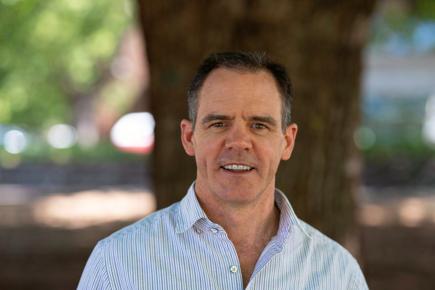
Servicing
info@brownandcofinance.com.au
https://www.brownandcofinance.com.au


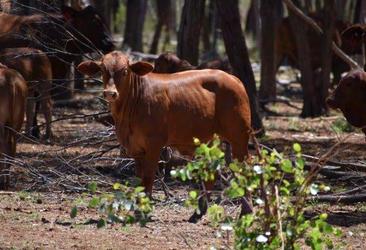


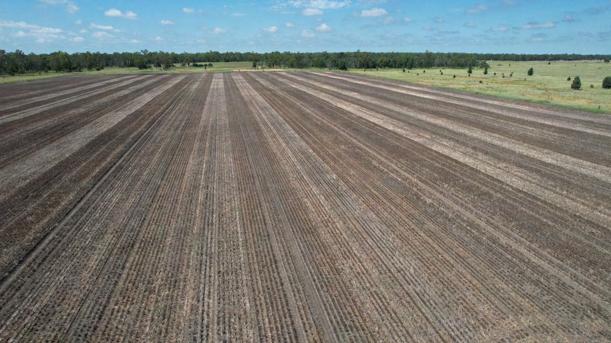
“Bicton”, MORVEN
22,743.74 Ha | 56,201 Ac (Freehold)
PRICE ON APPLICATION
10 Ha | 25 Ac (Freehold) 123 Mulara Road, Boondoola
OFFERS OVER $950,000
729.13 Ha | 1,801.68 Ac (Freehold)
“Lindeman”, DUCKLO FOR SALE
OFFERS OVER $5,000,000




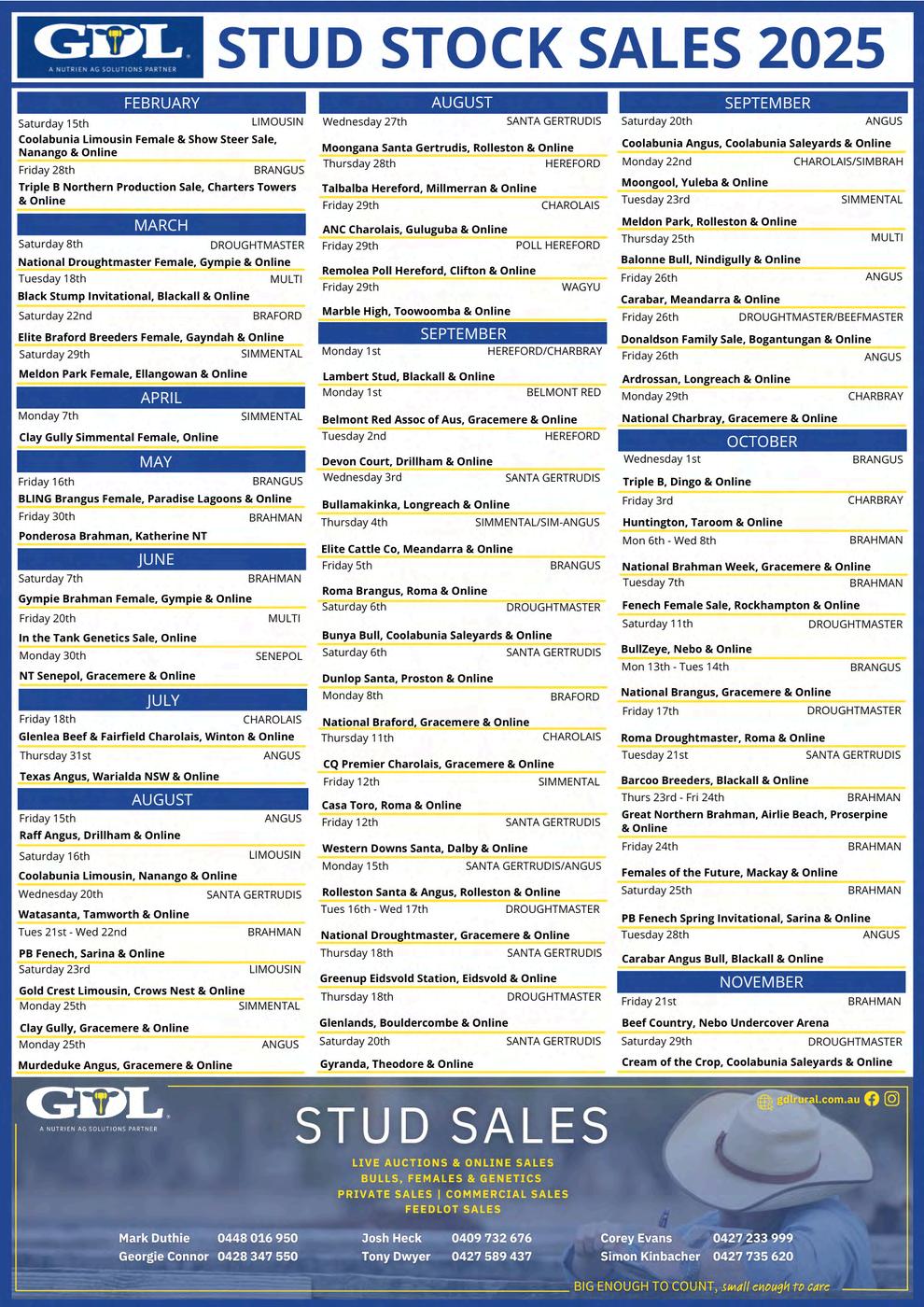
Blackall
Crows Nest
Dalby
Emerald
Gracemere
Kingaroy
Nebo Roma
Sarina
Alice Springs
Prime & Store Sale - Thursday
Weaner & Store Sale - Monthly
Monthly - Saturday
Wednesday
Thursday
Wednesday
Monthly
Monthly - Friday
Store Sale - Tuesday
Friday Fortnightly
Annual Sale
